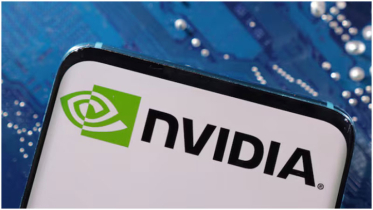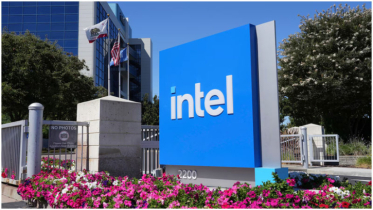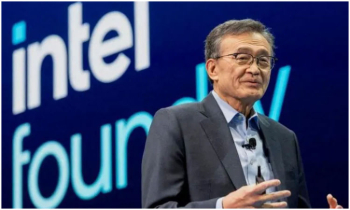Samsung hit by US chip curbs and AI setbacks, forecasts 56% profit drop

Samsung Electronics has warned of a sharp 56% decline in its second-quarter operating profit, citing US export restrictions on China and delays in delivering advanced AI memory chips to Nvidia. The South Korean tech giant expects to report a profit of ₩4.6 trillion ($3.3 billion) for April to June—its weakest in six quarters and far below analysts’ expectations of ₩6.3 trillion, according to LSEG SmartEstimate. Sales remained steady at ₩74 trillion.
The company attributed the decline primarily to its chip division, which suffered from inventory value adjustments and US-led restrictions on AI chips bound for China. The earnings shock is likely to fuel investor concerns over Samsung’s struggle to ramp up production and secure approvals for its cutting-edge HBM3E (High Bandwidth Memory) chips, especially from key AI customer Nvidia.
While Samsung has begun supplying HBM3E chips to AMD and Broadcom, it has yet to win Nvidia’s endorsement—a critical hurdle in tapping into the surging demand for AI chips. Meanwhile, rivals SK Hynix and Micron Technology are capitalizing on the AI boom, with SK Hynix emerging as Nvidia’s main HBM supplier. SK Hynix shares have jumped nearly 60% this year, compared to Samsung’s more modest 20% gain, largely driven by its relatively low valuation.
On the day of the earnings forecast, Samsung shares dipped 0.6%, while SK Hynix stock climbed 3.3%. Last month, Samsung’s market share on South Korea’s Kospi index fell to a nine-year low.
Samsung also revealed that its foundry unit suffered losses exceeding ₩4 trillion in the first half of the year, mainly due to production inefficiencies and difficulties in attracting major clients, especially in competition with foundry leader TSMC. The foundry business was further hurt by the US restrictions, although Samsung expects a gradual recovery and narrowing losses in the second half.
“The non-memory business faced weaker earnings due to low utilization rates and the impact of export controls on AI chips for China,” the company said in a statement.
Analysts believe Samsung’s performance in the second quarter marks a low point, with potential for a rebound in the third quarter if demand recovers and it secures Nvidia as an HBM client. “What counts most is its HBM supply to Nvidia and the overall chip demand recovery,” DS Investment & Securities noted in a report.
Despite the chip struggles, Samsung’s exports to China rose 54% year-on-year, as Chinese firms rushed to stockpile AI components ahead of further US restrictions. However, tariffs have dented sales of Samsung TVs and appliances, while a stronger Korean won—up around 7% against the dollar—has hurt its global competitiveness.
In an effort to revitalize its smartphone business, Samsung is set to unveil thinner foldable phones in New York this week. Although global shipments of foldable phones rose 12% to 17.2 million units last year, Samsung’s share dropped from 54% to 45%, under pressure from growing competition.
.png)




